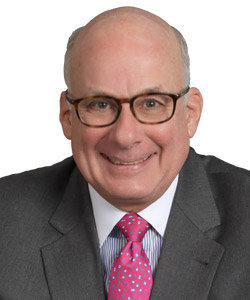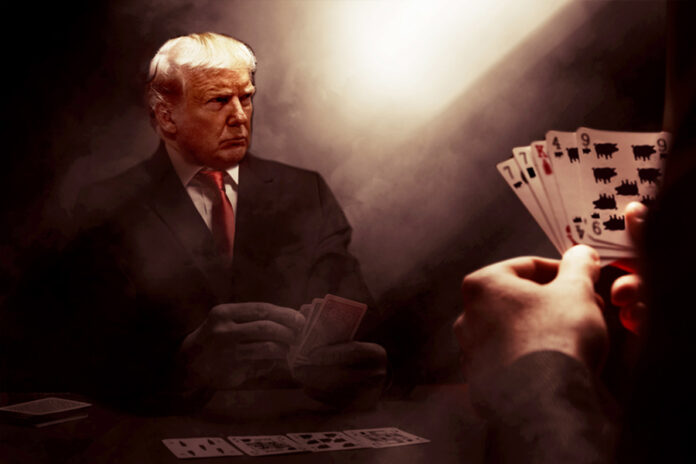The months leading up to the US presidential election in November will be crucial for the world, and especially for Asia. Dennis Unkovic explores the cards being dealt in political and legal terms, and warns the stakes could not be higher
On Tuesday, 3 November 2020, America will hold its next presidential election. Donald Trump (Republican) will be seeking a second four-year term as president of the United States. His opponent, Joseph Biden (Democrat), is a former US vice president, long-time US senator (Delaware), and Washington DC insider. Each candidate offers voters a starkly different vision for America’s future. Therefore, the stakes could not be higher for America and the rest of the world, particularly Asia. This article will examine what to watch for over the next several months leading up to this crucial election.

There are several reasons why this particular presidential race is so critically important. First, the Trump administration during its first three-and-a-half years consistently prioritized American interests over the common interests of its traditional allies under the mantra: Make America great again (MAGA). Is this representative of future American policy?
Second, if Trump is re-elected, 2020 will mark a historical turning point for American foreign policy when – after 75 years – America switches its prior global approach to a more bilateral approach.
Third, countries throughout Asia, and especially China, will be directly affected in a variety of ways, depending on whether Trump is re-elected or Biden becomes the next president.
US FOREIGN POLICY EVOLUTION
To understand America, you need to understand its history. Since its very beginning, America as a nation has exhibited a tendency to favour isolationism. With the exception of its belated entry into the First World War, America pursued a largely isolationist foreign policy, until the advent of the Second World War. When it ended, America found itself essentially the one country with a functioning economy that had not been devastated.
President Truman surprised the American people at the time when he promoted the Marshall Plan as America’s policy to rebuild Europe (including Germany, America’s wartime enemy). Since then, America, under both Republican and Democratic presidents, has adhered to a broad-based foreign policy that embraced multinationalism as the best path to rejuvenate and later continuously grow the global economy.
The UN, the Asian Development Bank, the World Health Organization (WHO), the World Bank, and the World Trade Organization (WTO) are just a handful of dozens of international organizations that America supported politically and substantially funded for decades.
With the rapid and unexpected collapse of the Soviet Bloc in 1991, America found itself in a unique position as the world’s leading economy, with few serious economic, military or political rivals. This provided an irresistible incentive for American companies to aggressively expand internationally. This involved outsourcing those companies’ US-based manufacturing locations to Asia because they wanted to access inexpensive sources of manufactured goods.
You must be a
subscribersubscribersubscribersubscriber
to read this content, please
subscribesubscribesubscribesubscribe
today.
For group subscribers, please click here to access.
Interested in group subscription? Please contact us.




























